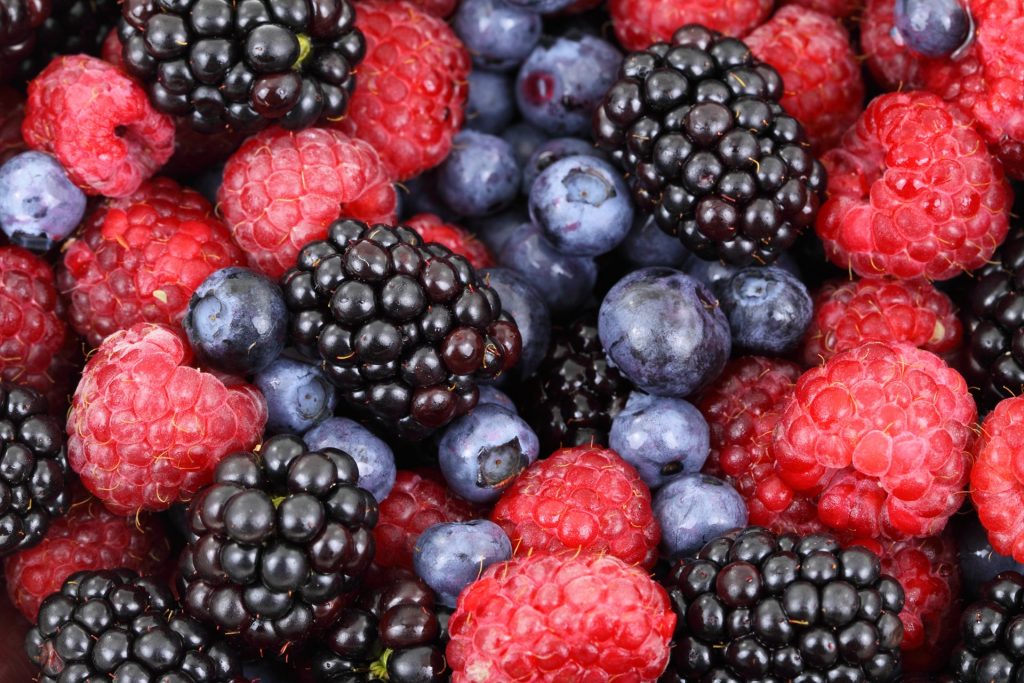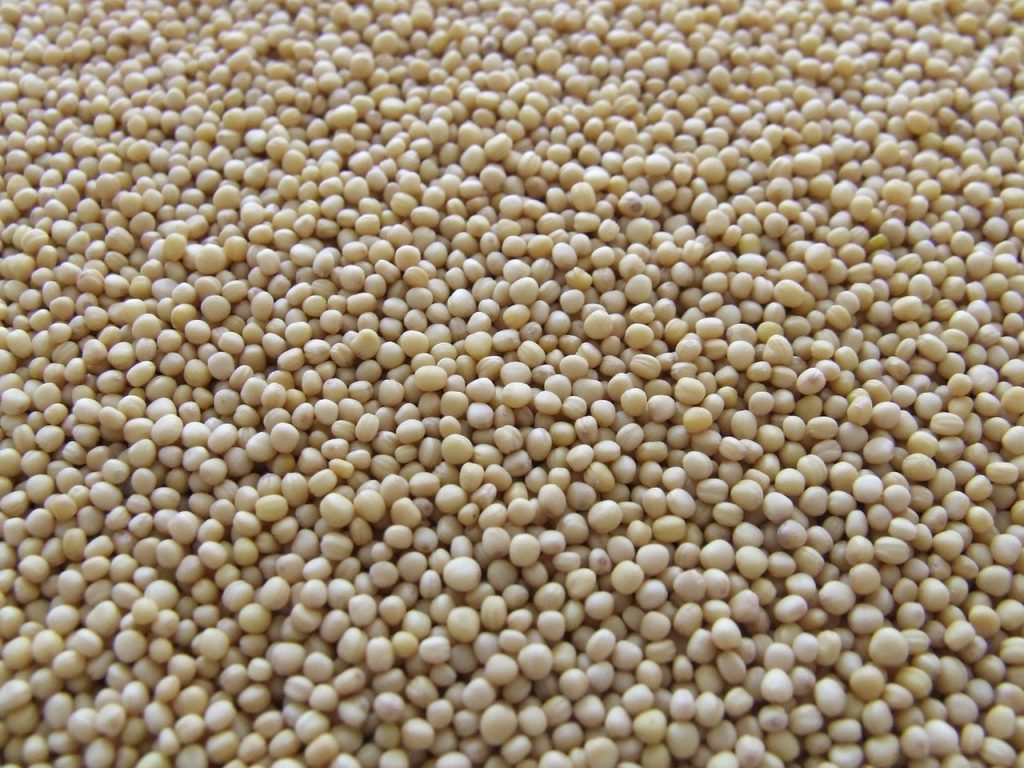Here is some great advice from Michael Pollan: “If it came from a plant, eat it; if it was made in a plant, don’t”.
The Mediterranean diet (it is a lifestyle, NOT a diet), which I have been an advocate of for many years, is high in plant-based foods. My mother taught me all about it before I was even in my teens and I have never forgotten her teachings.
Eating a plant-based diet improves the health of your gut so you are better able to absorb the nutrients from the food that support your immune system and reduce inflammation which is one of the biggest problems of people as we age.
Learn more about what it means to eat a plant-based diet and see all the ways it can help your body to better health here – The 5 Benefits of a Plant-Based Diet.
There are critics out there who believe those who mainly eat foods derived from plants are somehow nutritionally deficient. Yet, the truth is, research shows that many important nutrients can be found only in plant-based foods.
John D. Grant states in his research that, “[All] vegan, vegetarian and low-meat diets are associated with statistically significant increases in quality of life and modest increases in longevity……it is time to accept that a plant-predominant diet is best for us individually, as a race, and as a planet.”
This means there are definite benefits that come from being a vegetarian, or alternatively, having a meat-free meal three to four times a week, regardless of what category you fall into.
Now in our 70’s, my wife and I have found that cutting back on red meat especially, has been very beneficial to our general well-being.
5 essential nutrients you can get only from plant foods.

1. Vitamin C
Known for their sour taste, foods that are high in vitamin C are great for protecting your body against the common cold, heal wounds and skin inflammations, as well as maintain the health of your bones, cartilage, gums, and teeth.
It’s also crucial for healthy development and growth because it aids in the development of all body tissues.
Plant-based foods rich in vitamin C are:
• Cauliflower
• Broccoli
• Yellow bell peppers (capsicums)
• Kiwi
• Oranges
• Strawberries
• Lemons
• Tomatoes
• Butternut pumpkin (winter squash)
2. Pectin
A naturally occurring form of fiber in fruits and vegetables, pectin is important for lowering high cholesterol levels and diabetes. Plus, it works at preventing certain types of cancer. It also looks after your gut health by promoting the healthy bacteria found in your digestive tract.
Foods high in pectin are:
• Apples
• Pears
• Guavas
• Plums
• Oranges
• Strawberries
• Grapes
• Cherries
3. Quercetin
Quercetin is a pigment found only in plants and is what experts refer to as a flavonoid, which basically means it’s a type of plant chemical.

Since quercetin has powerful antioxidant properties, it works well as an anti-inflammatory.
It reduces the risk of certain types of cancers, in addition to alleviating allergy symptoms, reducing the risk of infections, heart disease, and preserving healthy blood pressure levels.
It can be found in these plant foods:
• Apples
• Berries (blueberries, strawberries, etc)
• Cranberries
• Onions
• Capsicums (peppers)
• Capers
• Parsley
4. Vitamin A
Initially, when you eat foods that are orange or red in color, you’re eating beta carotene, an antioxidant that gives these foods their bright color. Once digested, beta carotene is converted into vitamin A.
An essential mineral, vitamin A helps protect your eyes, as well as keeps your skin healthy and supple. Since it’s a powerful antioxidant, it plays a big part in preventing and treating inflammations.
Luckily, vitamin A can be found in a variety of fruits and vegetables, such as:
• Carrots
• Mangoes
• Sweet potatoes
• Watermelon
• Grapefruit
• Rock melons (cantaloupe)
• Capsicums (red bell peppers)
5. Potassium
Most people link potassium to working out because of its ability to boost metabolism while regulating healthy muscle movements, balance fluids in your body, and maintain healthy nerves.
And because it’s also an electrolyte, it helps maintain healthy blood pressure levels while reducing the risk of strokes, as well as stress and anxiety.
Foods that contain potassium are:
• Bananas
• Mushrooms
• Cucumbers
• Eggplant
• Zucchini
• Cooked broccoli
• Cooked spinach
• Beans; as in lentils, kidney beans, soybeans, cannelloni beans, and chickpeas.

Here is a great way to top up your system at work or home with a healthy snack or meal by enjoying a tub of my super smooth hummus – just add your favourite vegetable sticks and dig in.
“The simple facts of life; eat less; move more; live longer.” – John Falkinder.
Cheers – John – your Active Ageing Mentor and Coach.
P.S. Spread the word about better health – like and share with your friends – thanks.
Sources:
https://www.webmd.com/diet/foods-rich-in-potassium#1
https://www.cfp.ca/content/63/10/744.abstract
Leave a Reply